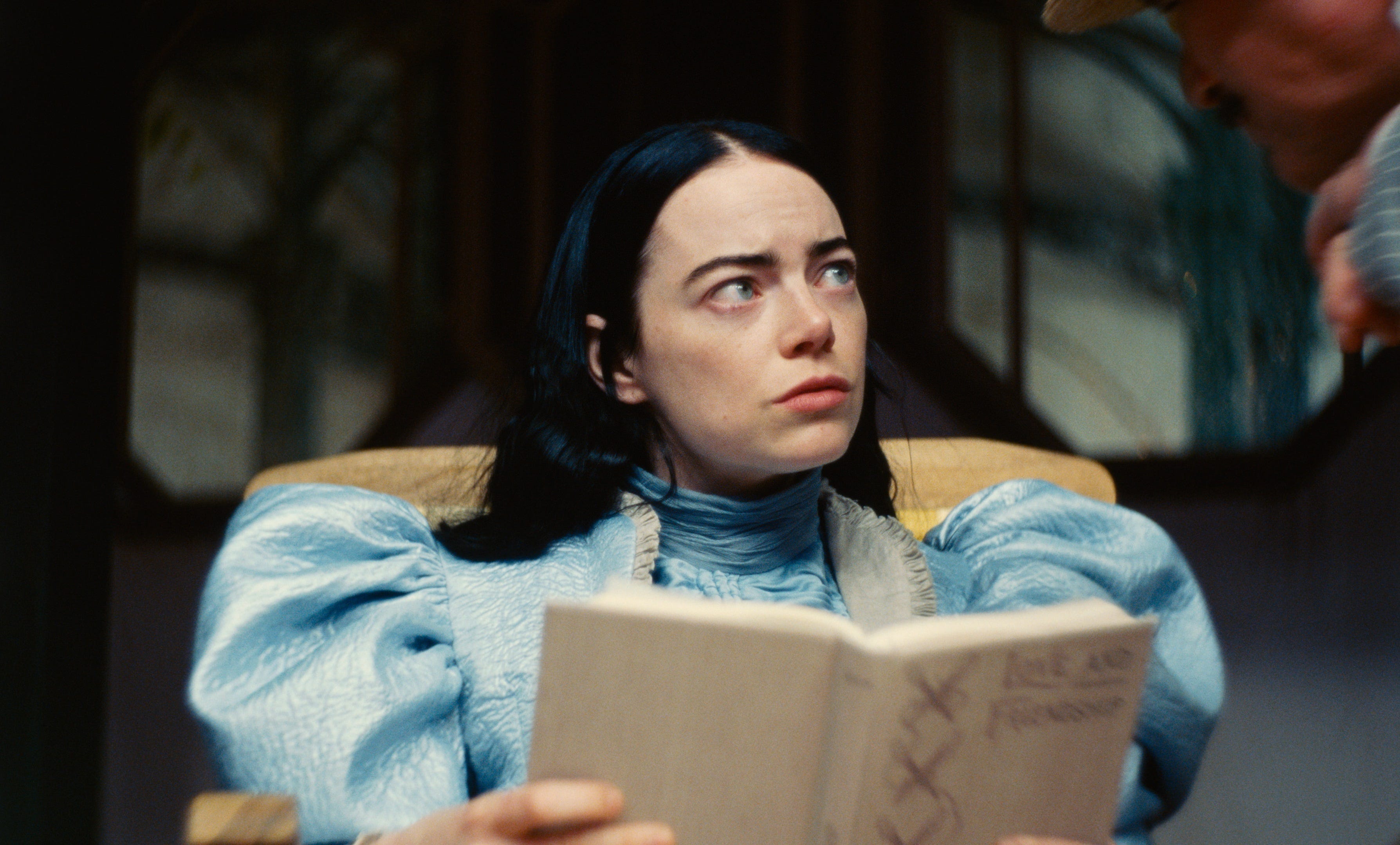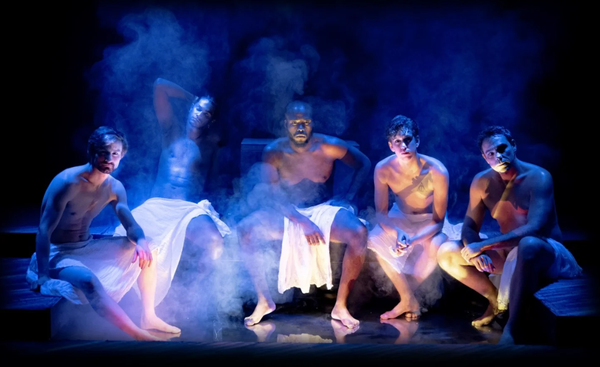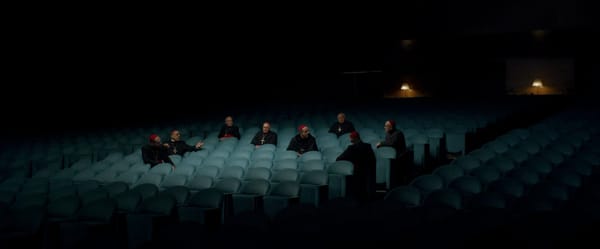Rest is radical
Culture Companion Vol. 4
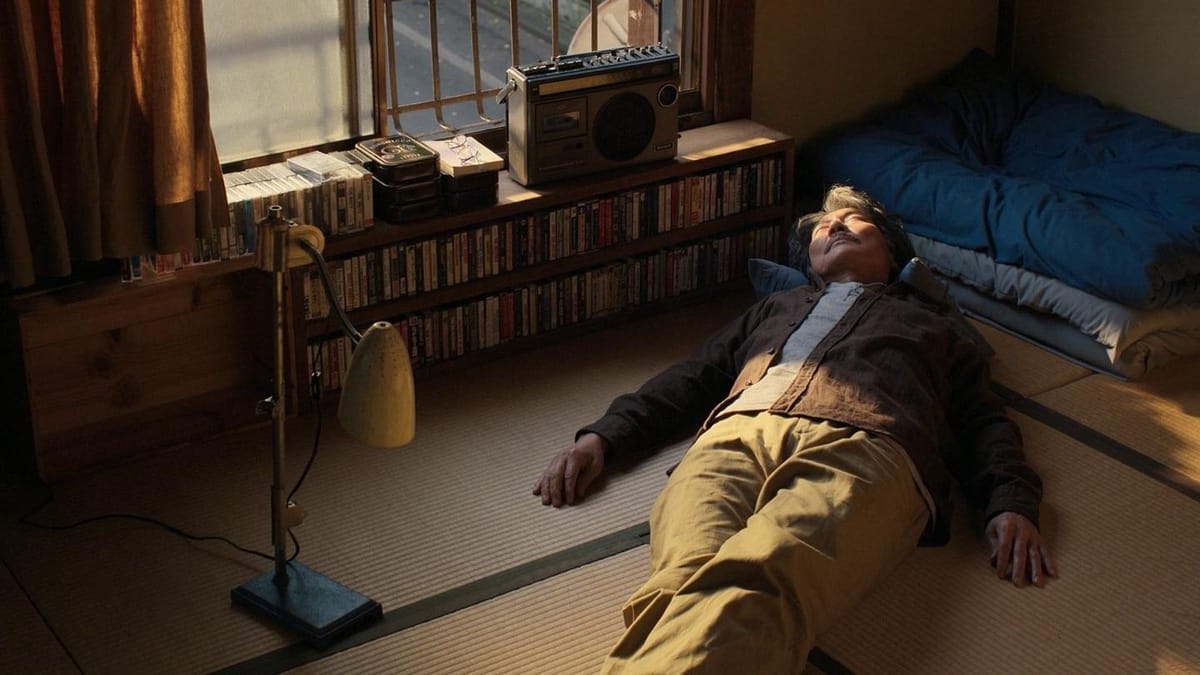
Welcome to the Culture Companion Vol. 4. The Culture Companion is a monthly-ish curation that builds bridges between the ideas we encounter in film, literature, and the arts. Subscribe to get new posts straight to your inbox.
“What are your plans for the weekend?” has somehow become my most dreaded question to be asked because most of the time, my answer is “nothing much”.
The expectation to live an external life worthy of virtual validation creates a persistent pressure to be in a constant state of doing. It’s easy for our lives to become reduced to milestone moments, grand adventures, and aesthetic value.
But what happens when we give ourselves the space to reclaim the part of humanness that exists in the experience of just being?
Can Slowness Save Us?
The title of this post, “rest is radical”, is inspired by the podcast episode “Can Slowness Save Us?” from Critics at Large (the excellent culture podcast from the New Yorker). In the episode, the hosts discuss the shift away from hustle culture and nonstop productivity, towards lifestyles that embrace rest.
The hosts talk about public napping spaces and making room for “engaging with the world to no immediate productive end”. Amidst their conversation about how people can access the experience of “sitting with humanness”, they make the crucial acknowledgement that rest is also a privilege.
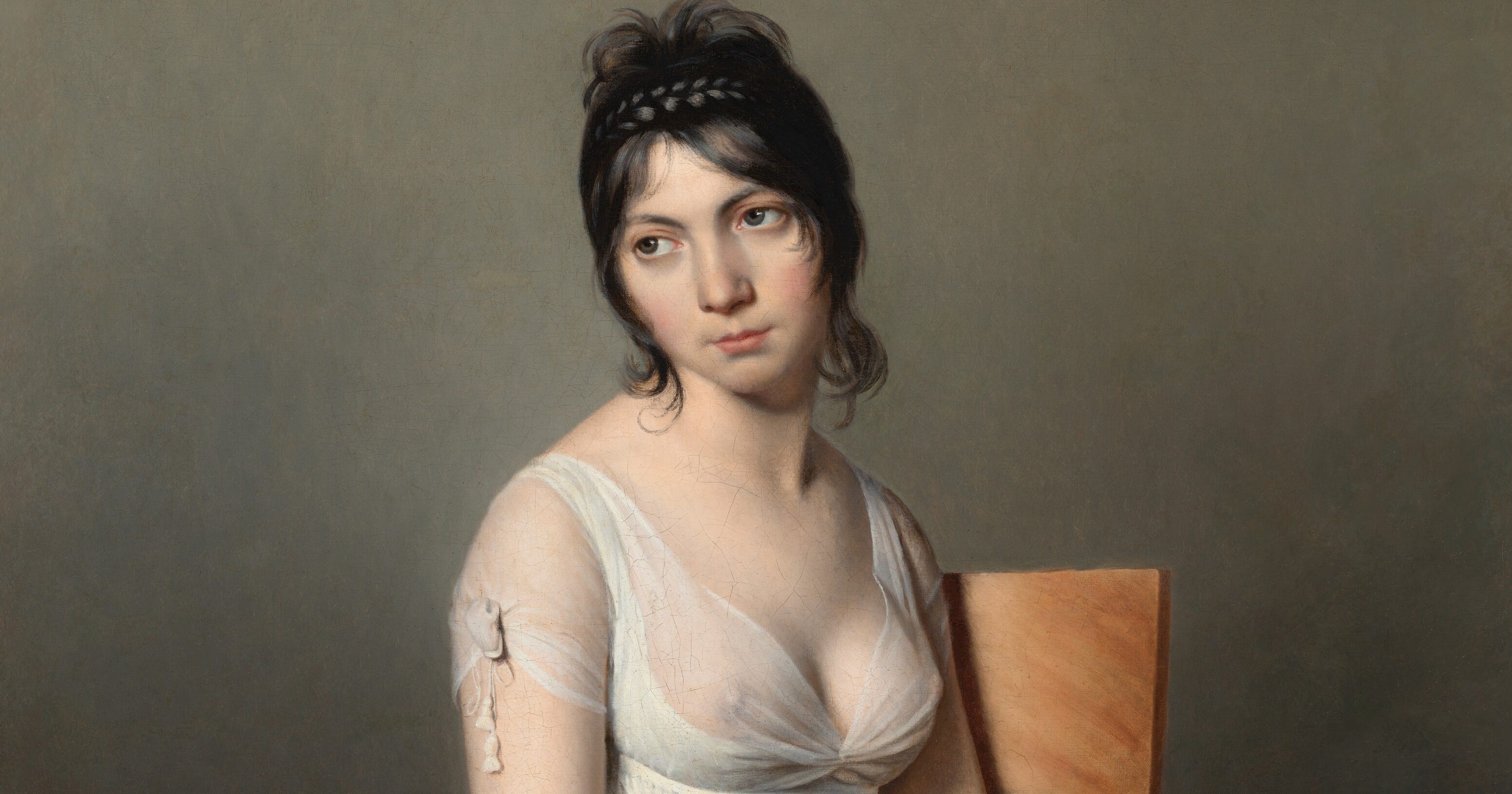
My Year of Rest and Relaxation
Ottessa Moshfegh’s My Year of Rest and Relaxation tells the story of an unnamed narrator who, as a relief from severe depression, undertakes an extended period of hibernation aided by an assortment of prescription sleep medication.
In the book, rest takes on a more toxic form compared to that of purely slowing down to allow oneself peace. The protagonist’s exploitation of psychiatric services to completely escape her day-to-day life is a dark exploration of the depressive impulse to detach oneself from the world. Yet, at the same time, the story reveals the kind of privilege necessary to pursue this radical relaxation practice.
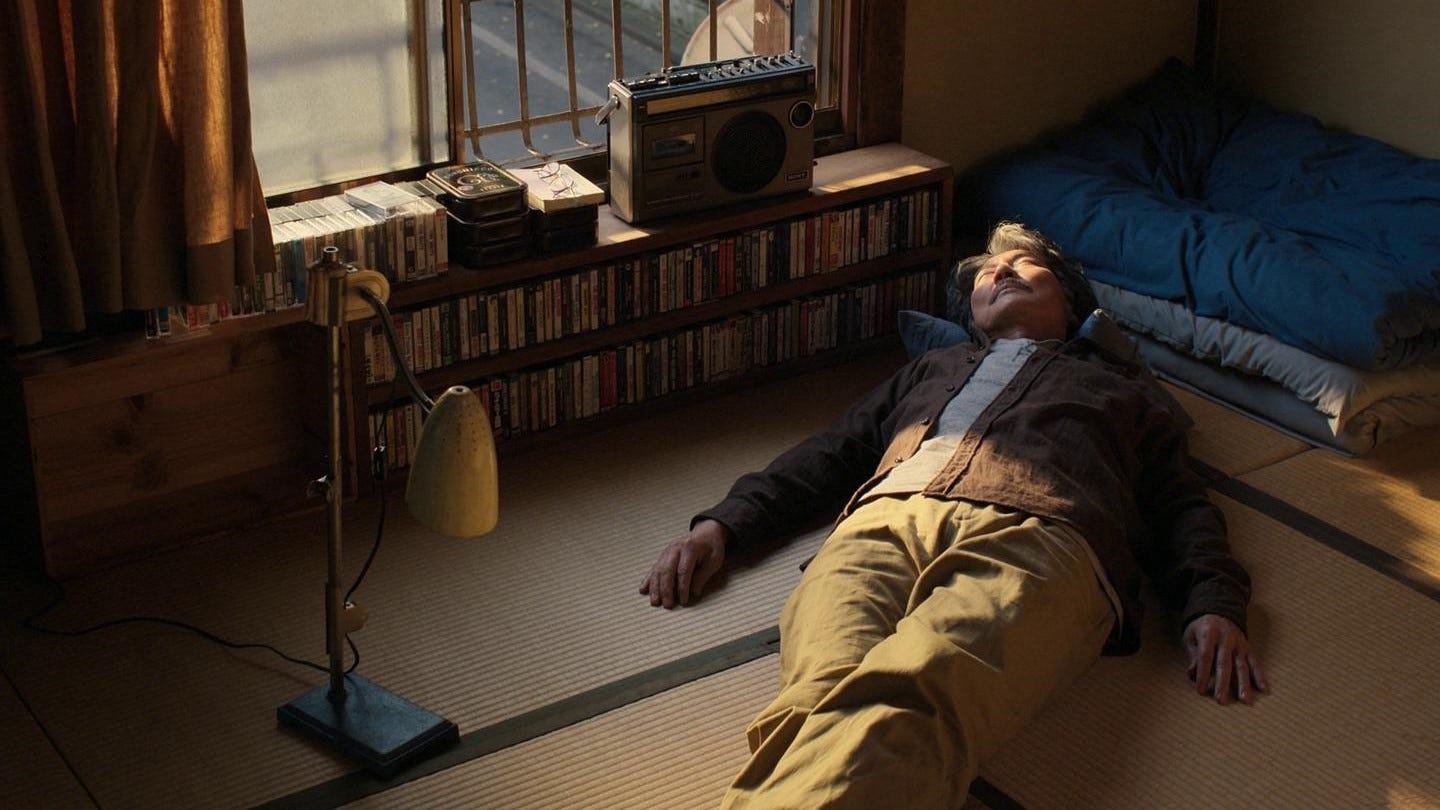
Perfect Days
Perfect Days is a meditative story about finding fulfilment in a quiet life. It follows Hirayama as he goes about his days working as a Tokyo toilet cleaner, eating a sandwich for lunch beneath a canopy of trees, washing at the local bathhouse, and returning home for an evening of reading under the glow of his lamp before starting it all again the following day.
This is a film that honours the emotional expansiveness of our internal worlds. The story captures the contentment of doing nothing other than being in the world as a way of reminding us that life is what’s happening when we get caught up in waiting for it to start.
If you’re finding any value, joy, or comfort from The Kulturalist, consider supporting my work at the button below. Every contribution helps to keep the words coming. Thank you for being here!
If you missed the previous volume of the Culture Companion, you can read it here:
